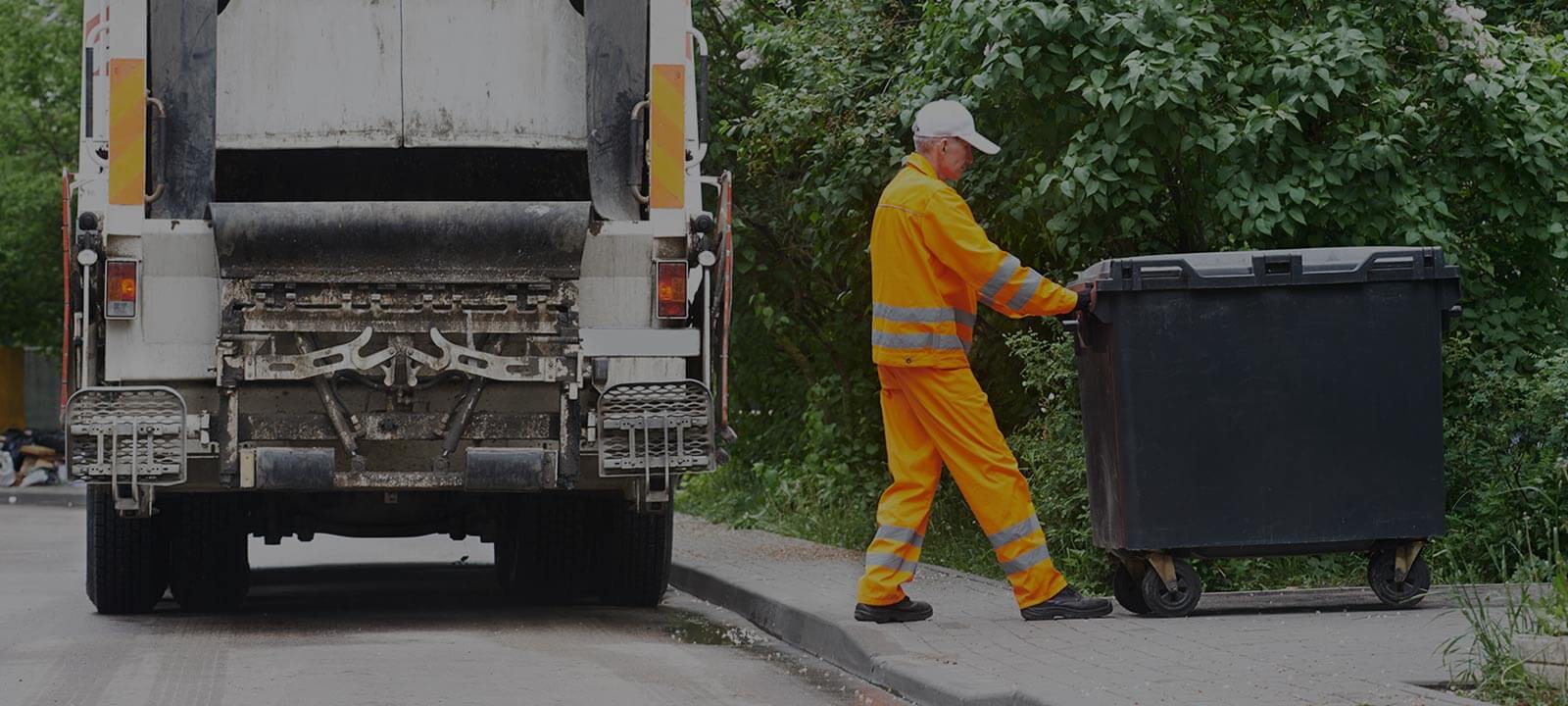Innovative Approaches to Tackling Food Waste in the Capital
Posted on 17/01/2025
Food waste is a pervasive problem that affects not only our wallets, but also the environment. In the United States alone, it is estimated that 30-40% of all food produced is wasted, equating to approximately $165 billion in economic losses each year. This issue becomes even more pressing in major cities such as the capital, where the population density and fast-paced lifestyle contribute to higher levels of food waste. However, with the rising awareness and concerns about sustainability and food insecurity, innovative approaches are emerging to tackle this pressing issue in the capital.
Composting Programs
One of the most successful approaches to reducing food waste in the capital has been through composting programs. Composting involves breaking down organic waste into nutrient-rich soil, which can then be used for gardening and farming. Many major cities have implemented city-wide composting programs, providing residents with designated bins for their food scraps. In the capital alone, it is estimated that these programs have diverted thousands of tons of food waste from landfills each year.
However, composting programs face challenges such as limited participation from residents and logistical difficulties in large urban areas. To address these issues, some cities have introduced incentives for households and businesses that participate in composting programs, such as reduced garbage fees or free compost for personal use. Additionally, investing in more efficient transport systems can help improve the logistical process of collecting and transporting food waste to composting facilities.

Food Redistribution Programs
Another innovative approach to tackling food waste in the capital is through food redistribution programs. These initiatives involve rescuing surplus food from restaurants, supermarkets, and other businesses and distributing it to those in need. This not only reduces food waste but also addresses issues of food insecurity in the community. Organizations such as D.C. Central Kitchen have successfully implemented these programs and have reported significant reductions in both food waste and hunger.
However, one challenge with food redistribution programs is the lack of funding and resources. Many organizations rely solely on donations and volunteers, making it difficult to sustain these initiatives in the long run. To overcome this, governments could provide financial support and incentives for businesses to donate their surplus food, while also increasing awareness about these programs within the community.
Technology Solutions
In recent years, technology has emerged as a powerful tool in reducing food waste in the capital. Apps such as Too Good To Go allow restaurants to sell leftover food at discounted prices before they are thrown away. Other apps like Olio connect individuals with excess food to those in need within their local communities. These technological solutions not only reduce food waste but also promote community involvement and social responsibility.
However, implementing and maintaining these technology-based initiatives may require significant investment and resources. Additionally, some may argue that these apps contribute to a culture of overproduction and overconsumption, rather than addressing the root causes of food waste.
In conclusion, innovative approaches to tackling food waste in the capital have shown promising results in reducing the amount of wasted food and promoting sustainability. However, there are still challenges that need to be addressed, such as limited participation and resources. Here are some tips for individuals to help reduce their own food waste:
- Plan meals ahead of time to avoid overbuying groceries.
- Use leftovers creatively instead of throwing them away.
- Start a compost bin at home or participate in a city-wide composting program.
- Support local businesses that implement sustainable practices.
The key takeaway here is that by working together and utilizing innovative solutions, we can tackle the issue of food waste in our capital city and make a positive impact on both our wallets and the environment.

Pros:
- Reduces environmental impact by diverting food waste from landfills
- Addresses issues of hunger and food insecurity
- Promotes sustainable practices and community involvement
Cons:
- Requires investment and resources to implement and maintain initiatives
- Challenges in logistics and participation
- Some solutions may perpetuate a culture of overproduction and overconsumption
In conclusion, while there are challenges to be overcome, the innovative approaches to tackling food waste in the capital offer promising solutions for a more sustainable future. By implementing these strategies at various levels, from individual actions to government support, we can make a significant impact in reducing food waste and promoting sustainability. Let's work together towards a greener and more responsible capital city.
Latest Posts
Reusing for Resource Conservation
Industry applauds government's dedication to improving e-waste recycling practices






